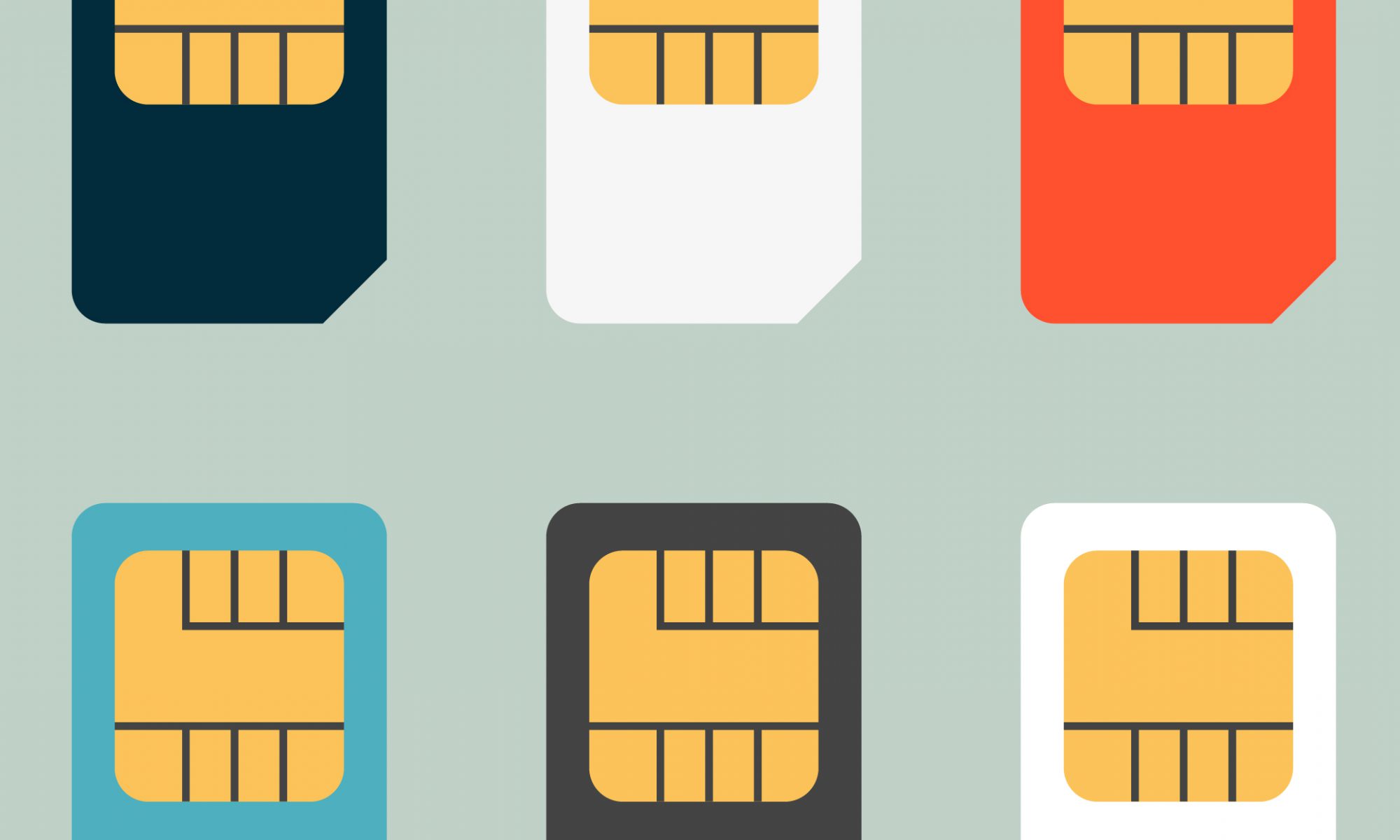Can Your SIM Card be Tracked?
Most people regard their phones as fully private. You use your trusted smartphone to store personal photos, send secret messages and share confidential data; and it’s nice to imagine that these are kept safe and secure at all times.
However, electronic devices are seldom as private as you might imagine. In fact, armed with just a few details from your SIM card, a criminal can track your whereabouts. Here’s more information.
But it’s just in the movies, right?
Everyone’s seen at least one action movie where a criminal is tracked using their mobile phone. Believe it or not, this is simple to replicate in real life. Your phone could be easily tracked by someone else; and they don’t have to be a member of MI5 to manage it.
Surveillance is nothing new. Many organisations are open about their use of technology to monitor and analyse their customer’s actions. For example, Transport for London recently announced that they’d be tracking and gathering data on commuters in around 260 tube stations – using mobile Wi-Fi data and device MAC addresses.
Although this feels intrusive, it’s not an active threat. But what if someone could track your phone for more sinister reasons?
How can you track a SIM card?
If you know your SIM card’s unique number, you can locate the card itself; it’s as simple as that. All it takes is getting in touch with your mobile network provider, who can use geolocation to find out exactly where the SIM card is.
There are even apps that let you search for a phone using SIM card details, or even just a phone number. It really is that simple. This is great news if you’ve lost your phone and want to find it quickly. It’s also handy if your phone gets stolen (providing the thief hasn’t already removed the SIM card and thrown it away).
It’s rather more worrying if someone is tracking your movements, without you being aware of it.
Other ways that your phone reveals your personal information
This isn’t the only way that criminals can obtain access to your phone. Smartphone sensors (such as accelerometers, which measure footsteps and sleep patterns, for example), are problematic too.
Researchers from the University of Illinois found that tiny imperfections made during your phone’s manufacturing process can create unique ‘fingerprints’ on the data that’s gathered. This means that the data can be used to identify you, and thus used to bypass any withholding of location data. In simple terms, that means that switching off your location services won’t cut it.
Even more alarmingly, thieves won’t even need your SIM card details to track you – the information they need is right there in the Cloud, waiting for them to collect it.
Are you being tracked?
If all of this sounds rather worrying, don’t be too concerned. There are steps you can take to limit the likelihood of your phone being tracked by criminals.
Firstly, it’s a good idea to monitor your smartphone carefully. The following are tell-tale signs that your device is being tracked:
- Lagging. If your phone is taking an unusually long time to perform basic activities, this could be due to spyware, or a spy tool that’s slowing your system down to gather as much information as it can. Check the amount of available space you’ve got on your phone, as too many apps, photos and videos can also cause it to lag. If, however, you’ve got plenty of space on the device, this should set alarm bells ringing.
- Using lots of data. Do you keep getting messages about running out of data? This may be because you’re watching too many YouTube clips while you’re out and about. But it could also be to do with spyware tools. Most spyware out there relies on lots of data to pass information to criminals. Enable data management on your phone, or download a management app. This will provide you with useful information about what the data is being used for.
- Strange standby behaviour. If you’re not using your phone, it shouldn’t be doing anything. The screen should be dark, or there should be minimal activity on it. Phones that are being tracked often act erratically. They might ring at random moments, or the screen might light up for no reason. If this is the case, this is a sign that someone might be monitoring your device’s movements.
What action to take?
There are a number of steps you can take to protect yourself from SIM card tracking or spyware. Spy detector apps are handy to have. Criminals can detect them, but some use as little data as possible, which makes them less easy to spot.
Getting insurance for your device is another worthwhile protective measure. That way, if someone does locate you, then steal your phone, you know that you’re covered. Some insurance plans also cover you for unauthorised use, which is an additional bonus.
Likewise, you can make it harder for criminals to track you. Switching your phone into airplane mode shuts down the cellular network, plus GPS and Wi-Fi. It won’t make your SIM card inaccessible, but it limits the ways in which hackers can locate your device. You may also want to disable your location services from time to time.



